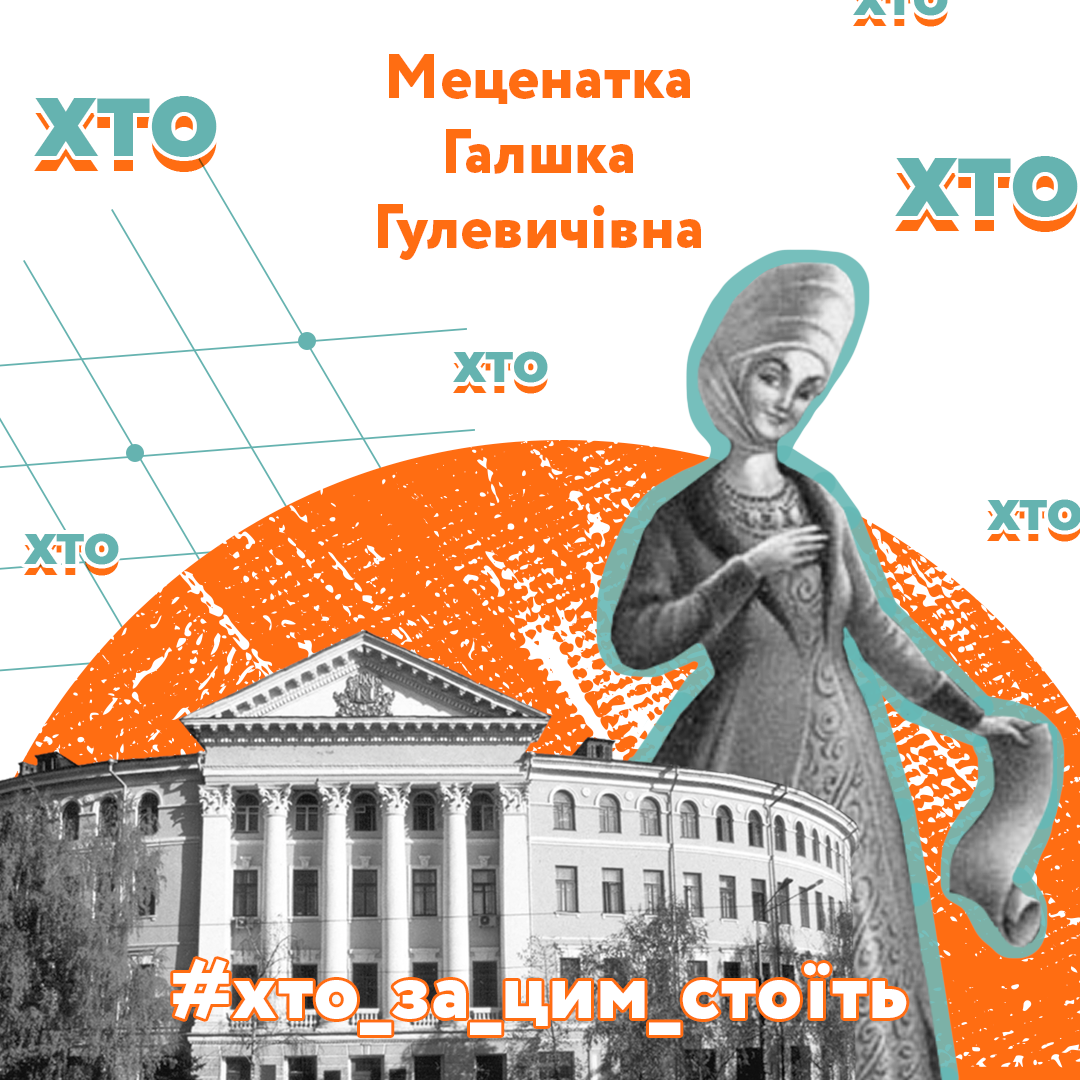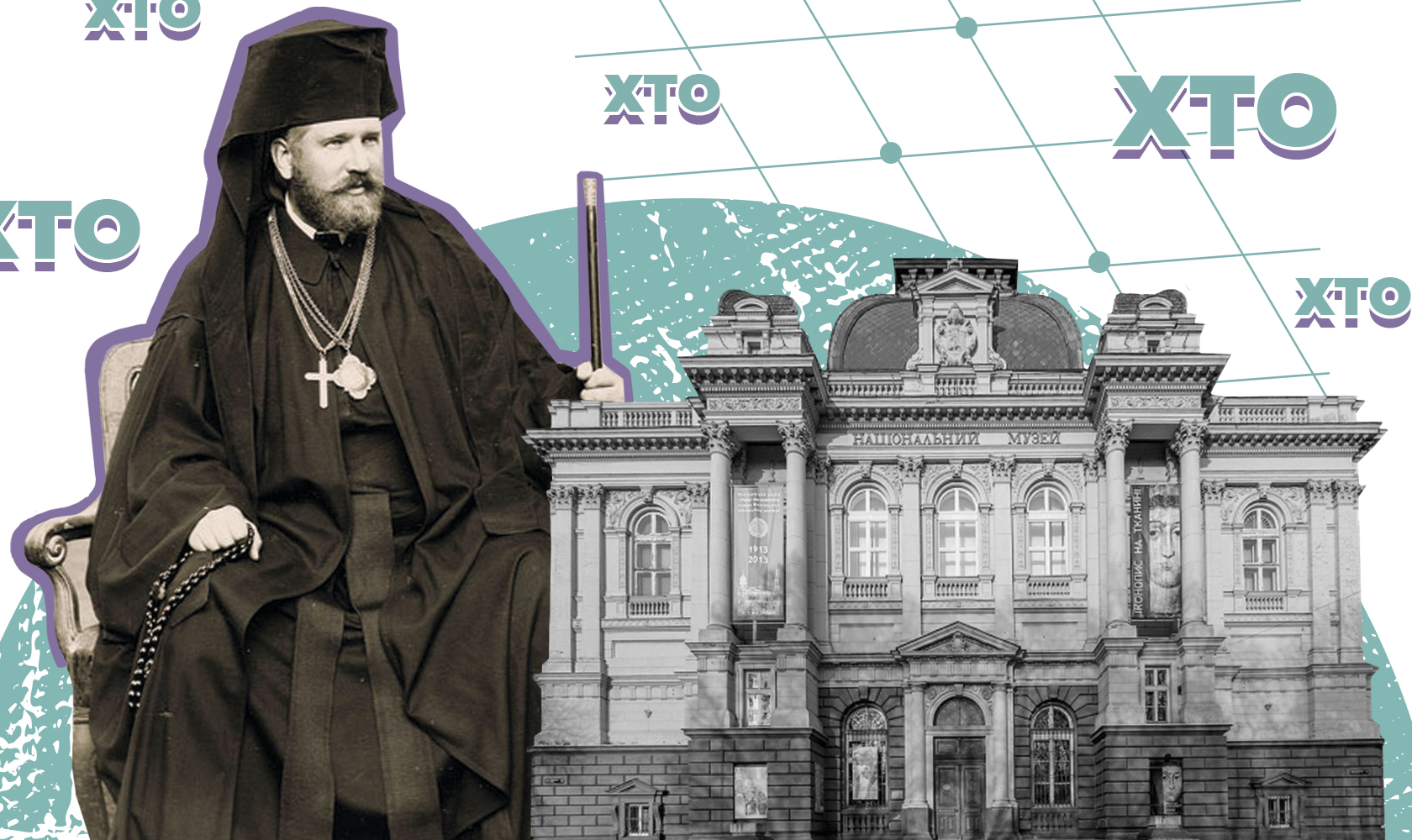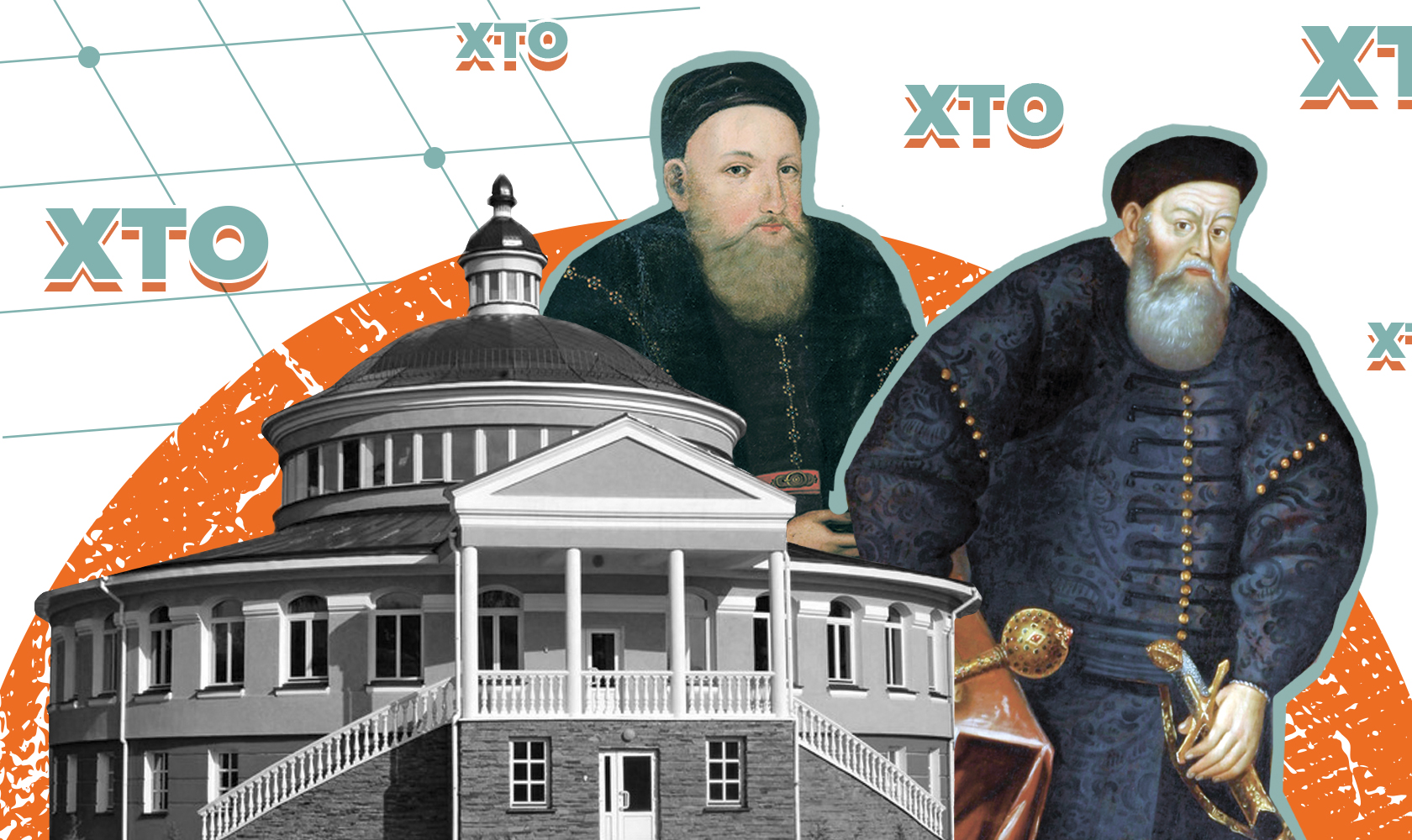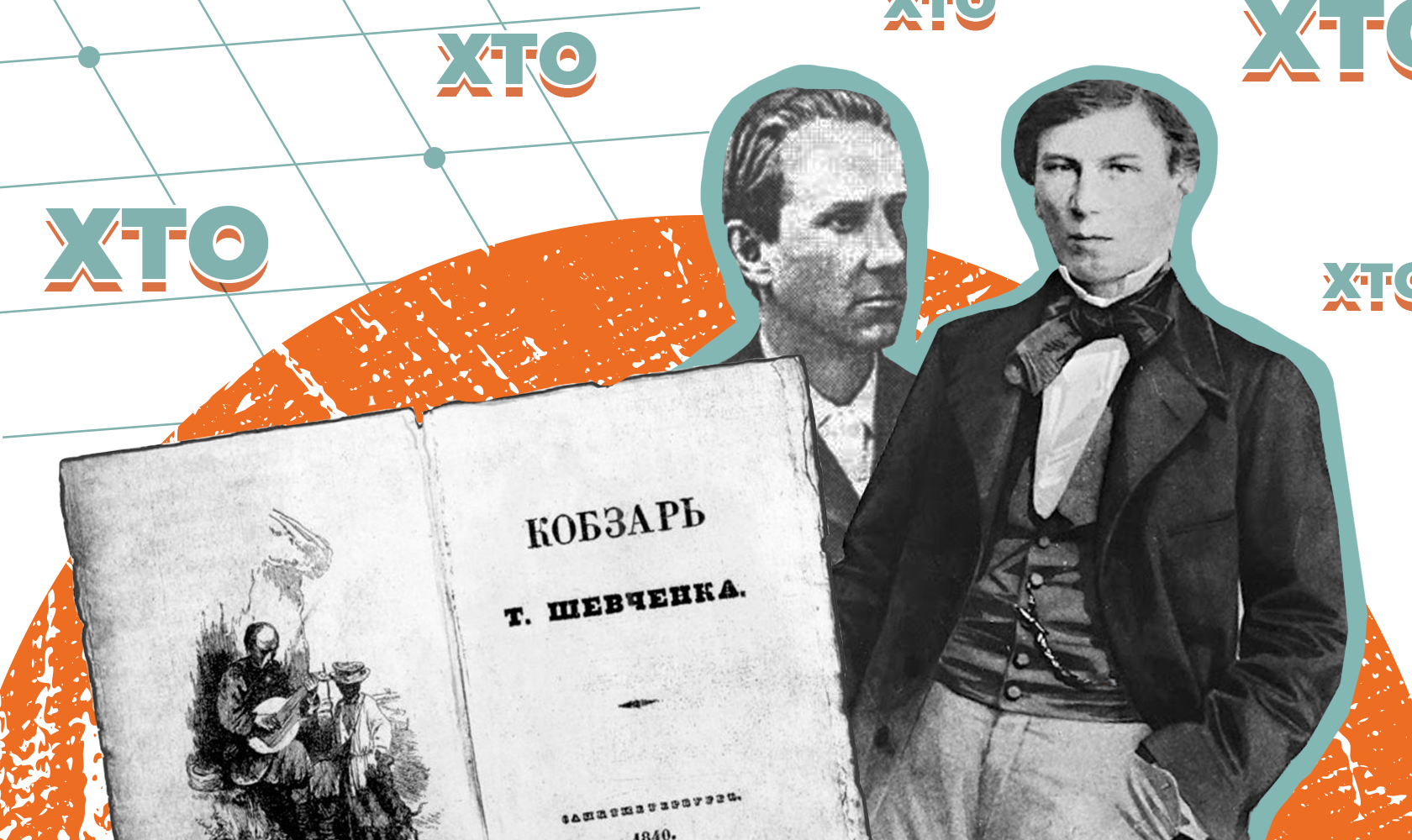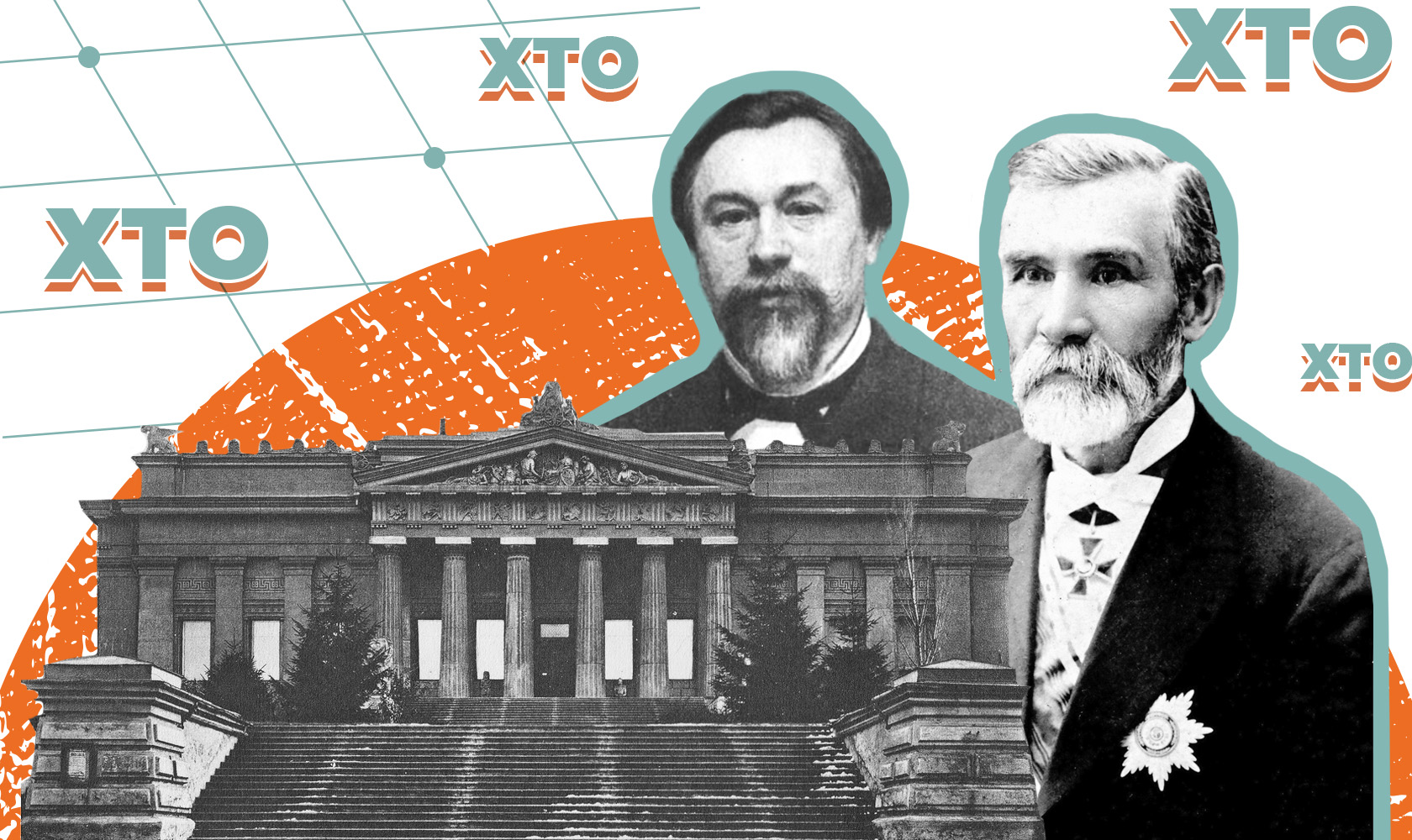Halshka Hulevychivna is an outstanding philanthropist for her time, a person who today would be called a “charity trendsetter”. The benefactor’s support paved the way for the establishment of the Kyiv-Mohyla Academy.
Halshka Hulevychivna made it into history primarily due having made a gift – an estate with lands on Kyiv’s Podil – which happened back on 15 October 1615. Because of this, the Kyiv Brotherhood School, was opened, from which the future Kyiv-Mohyla Academy originated.
However, Halshka’s contribution to the development of Ukrainian culture is not limited to a single great gift. Throughout her life, she worked tirelessly to support Orthodoxy, including donating money to monasteries in Kyiv and Lutsk. Halshka Hulevychivna’s role was not obvious during her life and after her death. However, Halshka gradually became a symbol of the struggle of Ukrainian benefactors against cultural assimilation.
DO NOT FORGET THAT WHICH IS YOUR OWN
The period at the turn of the 16th and 17th centuries was difficult for Ukrainian Orthodoxy. Ukrainian lands were part of Polish-Lithuanian Commonwealth, where Catholicism flourished. The primus inter pares leader of the Orthodox Church, the Patriarch of Constantinople, stayed in the territory of the Muslim Ottoman Empire, which in 1453 captured Constantinople.
To combat the stagnation of Ukrainian culture, the residents of Ukrainian lands created a system of church brotherhoods and educational institutions – brotherhood schools. Their activity would be impossible without patrons who came from Orthodox noble families, such as Halshka Gulevychivna.
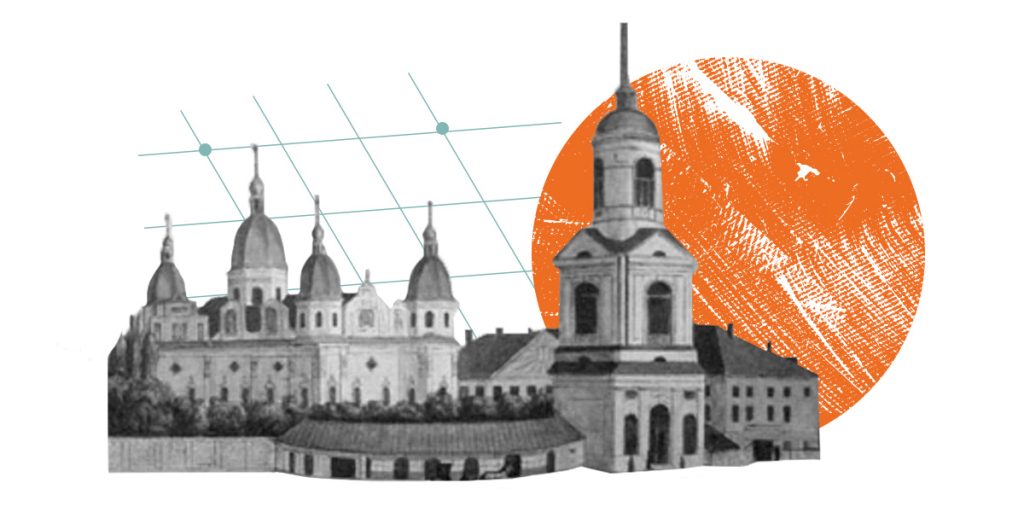
ALL FROM THE FAMILY
Yelyzaveta (Halshka) Gulevychivna was born in the 1570s to the family of Vasyl Hulevych. Several influential high-ranking officials of Volyn emerged from the respectable noble family of the Gulevichs. Halshka’s grandfather Theodosius was the Orthodox bishop of Lutsk and Ostroh in the 1540s
In 1594, Halshka married Christopher Potius, the son of the organizer of the Brest Union, Metropolitan Hypatius Potius, but was quickly widowed. In a few years she married the nobleman Stefan Lozka and moved to Kyiv. The couple lived together for almost 10 years and had four children together.
After the death of her second husband in 1618, the patroness returned to Volyn, and later moved to Lutsk, where she engaged in educational and cultural activities for the rest of her life.
BIRTH OF A BROTHERHOOD SCHOOL
405 years ago, on 15 October 1615, Halshka Hulevychivna did her most generous deed – she donated the estate and land in Podil to the Kyiv Brotherhood Monastery and School.
We know the details from the document on donation signed by the patron. According to the text, the noblewoman transferred the house and land near Kontraktova Square to the “Stauropean monastery of common life in the order of Basil the Great, as well as to the school for children so that the monastery and the school and the whole rank were governed by the law of the Eastern Church of the Greek Rite” – that is, to the Orthodox monastery and school.
The influence of the Uniate Church on Ukrainian lands of the Polish-Lithuanian Commonwealth was growing, so Halshka’s donation was a big step in preserving Orthodoxy. The monastery and school on the territory of the ancient capital at that time were as important for Ukrainian cultural development as, say, all universities, theaters, museums and cultural centers are important now. In short, it was a center for keeping identity that could simply disappear, dissolve into another culture. Thanks to the patron’s contribution, it was preserved.
Thus, the Kyiv Brotherhood School was established in the estate donated by Halshka. It was founded by the Kyiv Brotherhood as an attempt to repel the Jesuit education system and strengthen the position of Orthodoxy.
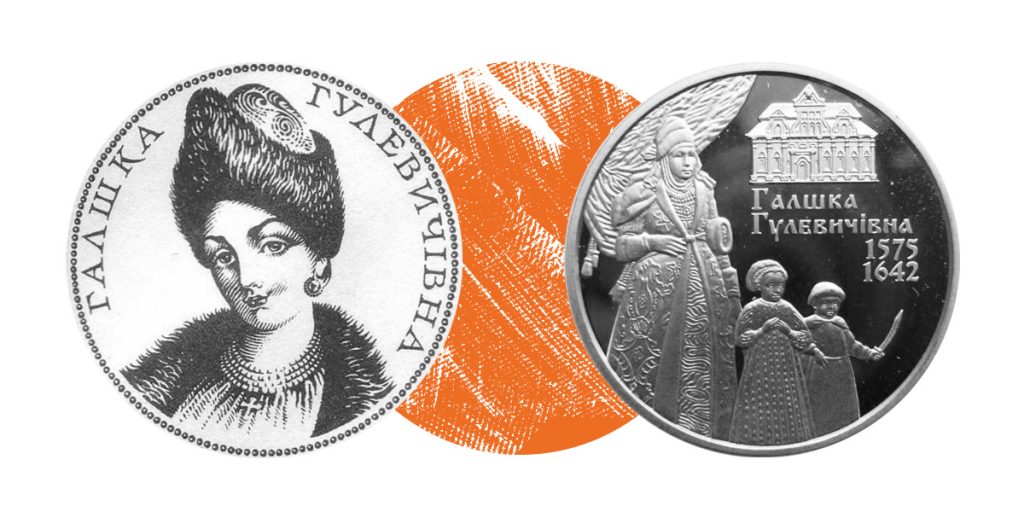
EVOLUTION AND PRESSURE
In 1632, on the basis of Kyiv Brotherhood School, Metropolitan Petro Mohyla established Kyiv Brotherhood Collegium, Later it was named Kyiv-Mohyla and received the status of an academy. In the 17th and 18th centuries, the institution was a key educational centre in Ukraine. The Academy had wide international recognition and educated the Ukrainian political and intellectual elite. When the Russian government strengthened its influence on Ukrainian lands in the 18th century, the freedom of Kyiv-Mohyla Academy was restricted, and at the beginning of the 19th century, it was completely closed. It was restored only after Ukraine became an independent state in 1991.
WHAT HAPPENED THEN
Although Halshka Hulevychivna’s charitable deeds are most associated with the Kyiv donation of 1615, Halshka was a philanthropist for the rest of her life.
This is most noticeable during her Lutsk period. The founder joined the activities of the Lutsk Cross-Exaltation Orthodox Brotherhood and regularly donated funds for its development.
According to the will, most of Halshka’s wealth – both gold and money owed to her – went to the needs of Lutsk Brotherhood Monastery and the church attached to it. The patron also provided support to several other churches in Volyn.
NOT FORGOTTEN ANCESTORS
After the founder’s death, her role in founding Kyiv-Mohyla Academy was “forgotten” – for more than a century of the academy’s existence, Halshka did not appear in official history.
However, as the researcher Maksym Yaremenko writes, in the second half of the 18th century, Kyiv-Mohyla people began to look more actively for their own roots. At the same time, they “mentioned” the role of a patron from Volyn in the creation of the academy. Gradually, Halshka Hulevychivna became one of the most famous Ukrainian patrons.
Today, Halshka Hulevychivna has firmly entered the modern Kyiv-Mohyla ethos as one of the founders of the institution. 15 October 1615 – the day of her donation – is considered the day from which the Kyiv-Mohyla Academy begins its history.
The campaign about Ukrainian benefactors “Who stands behind this?” is created by Zagoriy Foundation in partnership with bit.ua. The material on the partner resource is posted at the link.

